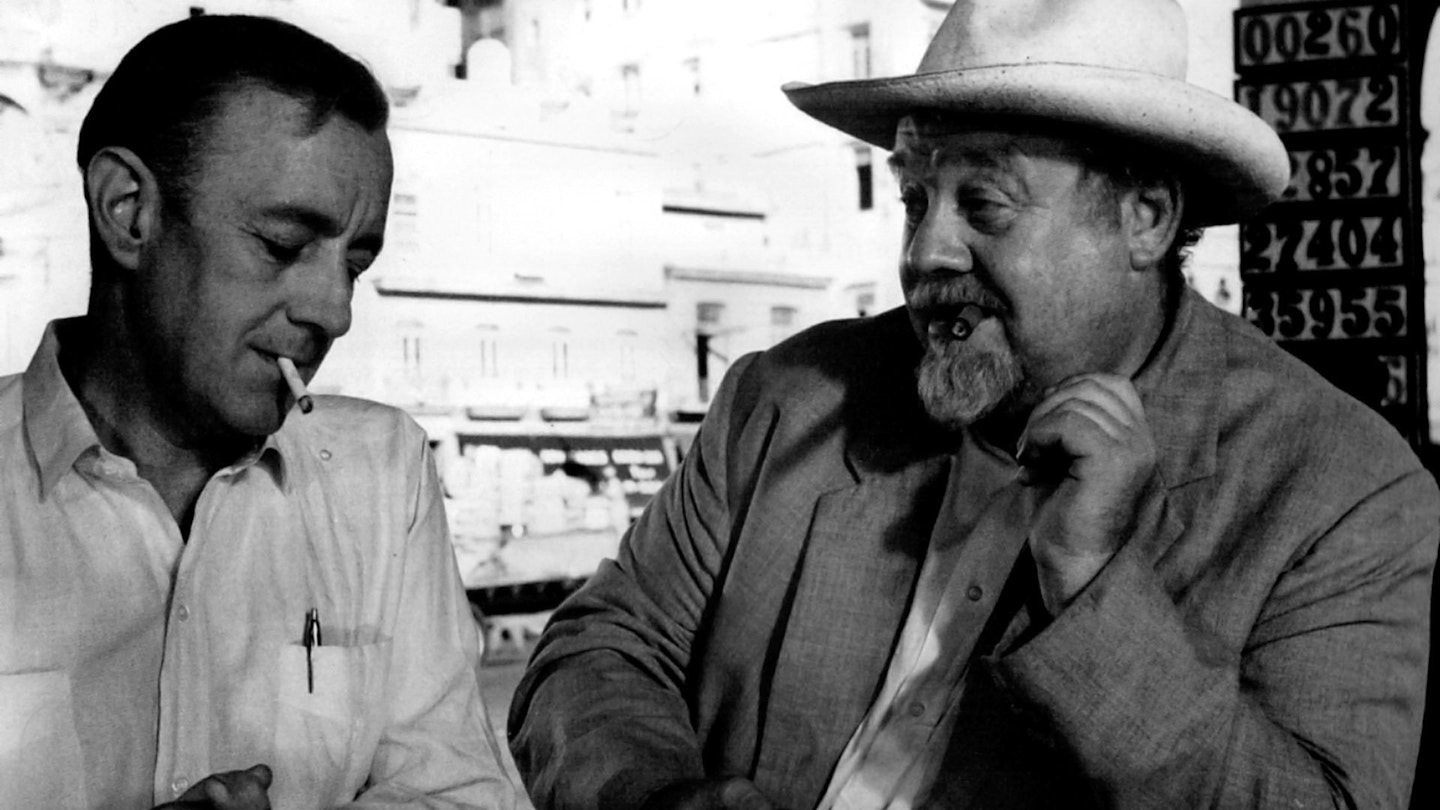When Alberto Cavalcanti approached Graham Greene about making a film just after the Second World War, the novelist devised an outline about a vacuum cleaner salesman operating as a spy in the Estonian capital of Tallinn in 1938. The Brazilian-born director allegedly abandoned the project after being refused government permission to lampoon the Secret Service. However, Greene continued to develop the story, which had been inspired by his own wartime surveillance of Abwehr agents in Portugal, who had been paid per report and not according to results and, thus, submitted rumour as fact to boost their expenses.
Alfred Hitchcock was keen to purchase the rights to the resulting novel. But Greene had considered him an unnecessarily flamboyant director since his days as a critic, and, so he agreed to collaborate once more with Carol Reed - who had directed The Fallen Idol and The Third Man - and the pair wrote the screenplay in a Brighton hotel room before securing permission to shoot in Castro's Cuba.
Reed assembled a splendid cast and made atmospheric use of his Havana locations by reducing the light levels as Wormold's initially harmless deception came to have an increasingly sinister upshot.
However, in trying to translate a book about the act of invention as a comic thriller, Greene was forced to abandon the text's authorial parallels and, consequently, there simply wasn't enough going on to sustain the movie narrative. Wormold was too passive a character to generate much intrigue (although Alec Guinness had wanted to play him as a untidy, defeated soul rather than as a hapless non-entity) and he remained relatively unmoved by the machinations that he had set in motion.
Greene tried to blame the failing on Jo Morrow, whose tarty flirtations made Wormold's blind devotion seem pathetically foolish. But it was Reed who misjudged both the tone of the satire and the personality of the innocent abroad - something, ironically, that Hitchcock probably wouldn't have done.
